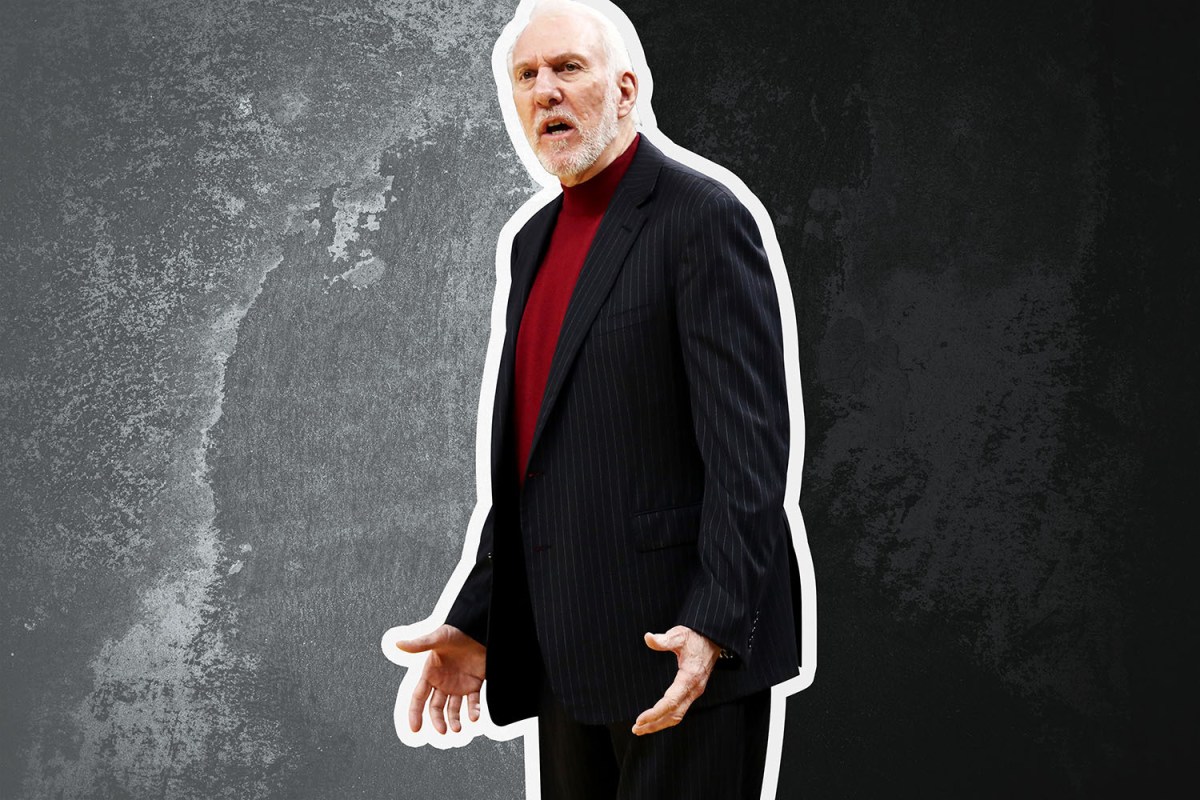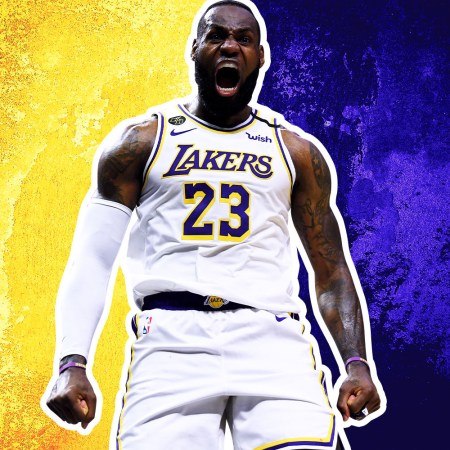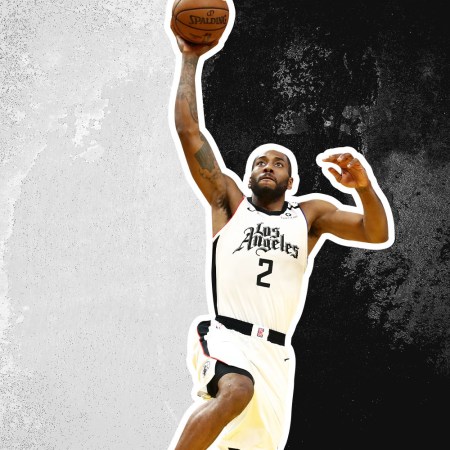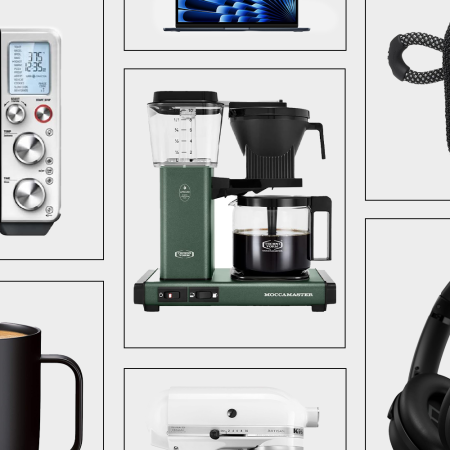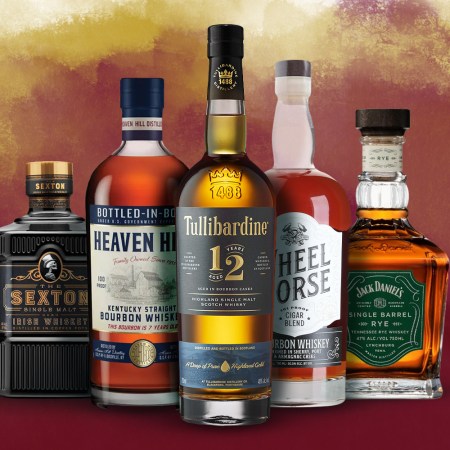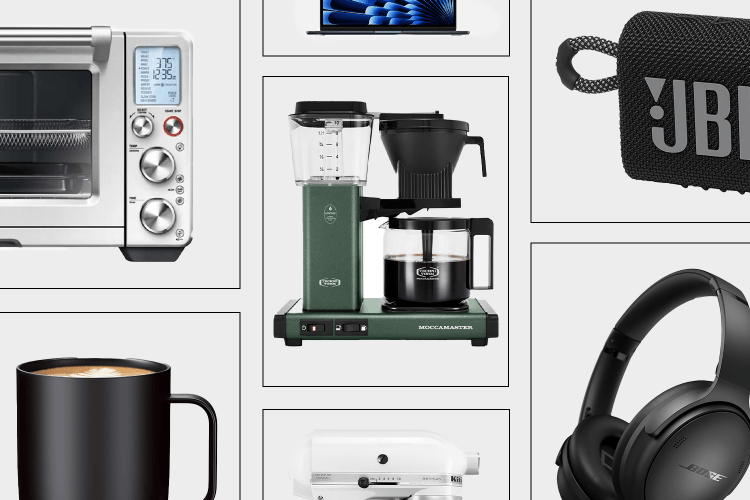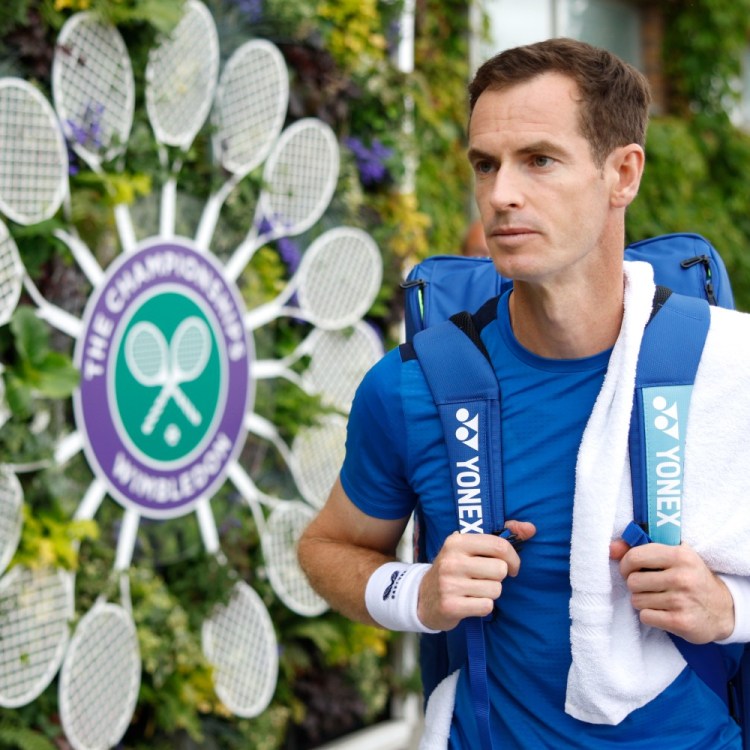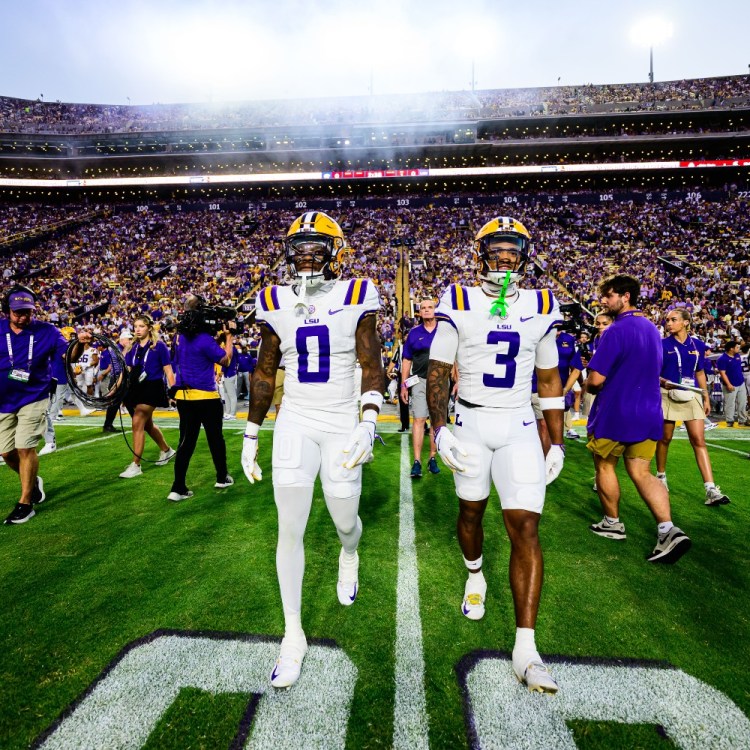Over the next three weeks, we’ll be preparing for the NBA’s long-awaited restart by attempting to answer the single most important question facing every franchise that will be present and accounted for in Orlando. This is 22 Questions.
For the last 24 seasons, Gregg Popovich has proven his bonafides as the greatest basketball coach of all time. Although Popovich may not be able to match Phil Jackson’s six championships (let alone Red Auerbach’s 11), his adaptability and versatility are unmatched. Over the course of three decades and five championships, Popovich has continually reinvented and reimagined the San Antonio Spurs, gradually folding in more and more creativity and movement until they fully evolved from a stolid post-up leviathan in the ’90s to the hardwood singularity that they achieved during their most recent title run in 2014. Along the way, Popovich sprouted the richest coaching tree in the league; seven current head coaches, including the Milwaukee Bucks’ Mike Budenholzer, have worked for the Spurs organization under Pop. In this light, to watch any NBA game is to indirectly witness Popovich’s greatness. And yet, while Popovich has long lifted the Spurs from inertia and mediocrity, he now might be trapping them in it.
Popovich, as all great coaches are, has been blessed by great players: Tim Duncan, David Robinson, Tony Parker, Manu Ginobli and Kawhi Leonard, to name a few. But more than simply collecting talent, he’s maximized it, winning a very nice 69 percent of regular-season games since his abridged first season. Most impressively, he’s holistically developed his own stars (none of Parker, Ginobli or Leonard were considered particularly special pre-draft prospects), in large part because the Spurs’ organizational stability enabled him to invest in the margins of the roster; Duncan, arguably the best player of the generation sandwiched between Michael Jordan and LeBron James, was unequivocally That Dude and enabled the Spurs to focus on supporting him with unproven youngsters and veteran reclamation projects. Similarly, the trust and equity that Popovich built afforded him the privilege to take a long-term view and avoid short-sighted panic.
Just as Kawhi Leonard’s ascendance to the NBA’s most rarefied air seemed to mark an eternal endurance of the Spurs’ dynasty, his 2018 trade demand marked its spiritual end; Popovich, for the first time, panicked. Rather than opt for hearty packages draft picks and and young all-stars like Jaylen Brown or Brandon Ingram, the Spurs shipped Leonard (and role player extraordinaire Danny Green) to Toronto for DeMar DeRozan, Jakob Poeltl and what would become the 29th pick in last year’s draft. Even though this was very clearly a below market-value return, the logic behind it was clear: a young core takes time to gestate, so by the time the Spurs would be ready to compete, Popovich would be in his mid-to-late 70s, an age associated with more leisurely pursuits like running for President. As a result, the team committed to respectability, prioritizing their present with Popovich over their future without him.
After a successful 48-win season last year, the Spurs now languish at 27-36, four games out of the playoffs with odds of winning a championship that require a working understanding of significant figures to decipher. Worse, years of success have caused a dearth of promising youngsters, while the current team remains too good to truly bottom out. The present iteration of the Spurs is a fairly talented squad, but an unworkable one — a knotty, Frankensteined gumbo of malapportioned parts. The two leading scorers, DeRozan and LaMarcus Aldridge, are both masterful mid-range shooters, albeit ones who occupy the same spaces of the court and uneasily trade 15-foot jumpers like dueling pianists. Dejounte Murray and Derrick White, the team’s two most productive young players, overlap as big predatory defensive guards who are similarly deficient in elements of basketball such as making shots and doing good passes. Too, the team lacks any clear internal paths to improvement, unless Lonnie Walker and Jakob Poeltl can actualize their potential. The 21 year-old Walker is a supremely likable guard with weapons-grade athleticism, but is prone to mental lapses that relegate him to Popovich’s doghouse. In the wake of Aldridge’s injury, Poeltl will have the chance to prove himself as a starting center, potentially answering whether his shockingly elite advanced stats are an accurate representation of his impact or merely the skewed product of a noisy but small sample size.
Overall, the Spurs are a cautionary tale what happens when a win-now gamble doesn’t actually result in winning. In an honorable attempt to give Popovich the send-off he deserves, they’ve inadvertently wandered into the bland dell of mediocrity that they’ve so deftly side-stepped for years. Interestingly, this upcoming offseason could be an inflection point for the franchise’s and Popovich’s future: DeRozan will most likely enter free agency. The face of the Spurs post-Kawhi era, DeRozan is the NBA’s ur-floor-raiser, a warhorse scorer who can prop up a mediocre offense through volume alone, but lacks the dynamism or efficiency to succeed at a higher level (tellingly, DeRozan’s regular season stats have always far outpaced his playoff output). By resigning DeRozan, the Spurs could signal their commitment to Popovich, delaying the rebuild in favor of letting their coach bow out with dignity. If DeRozan walks, though, it would usher in the kind of protracted shittiness that could force Popovich to finally pass the reins to Becky Hammon, the WNBA legend who’s become his protégé. Either way, it’s evident that San Antonio’s era of good feelings will end with a whimper, not a bang. The Spurs have reached their expiration date, whether they’re willing to admit that now or in a few years. Whenever that may be, the prevailing wisdom of rebuilding is uncompromising — nothing old can stay.
Whether you’re looking to get into shape, or just get out of a funk, The Charge has got you covered. Sign up for our new wellness newsletter today.
